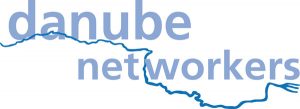Danube-Networkers – Neighbours at work (DANET)
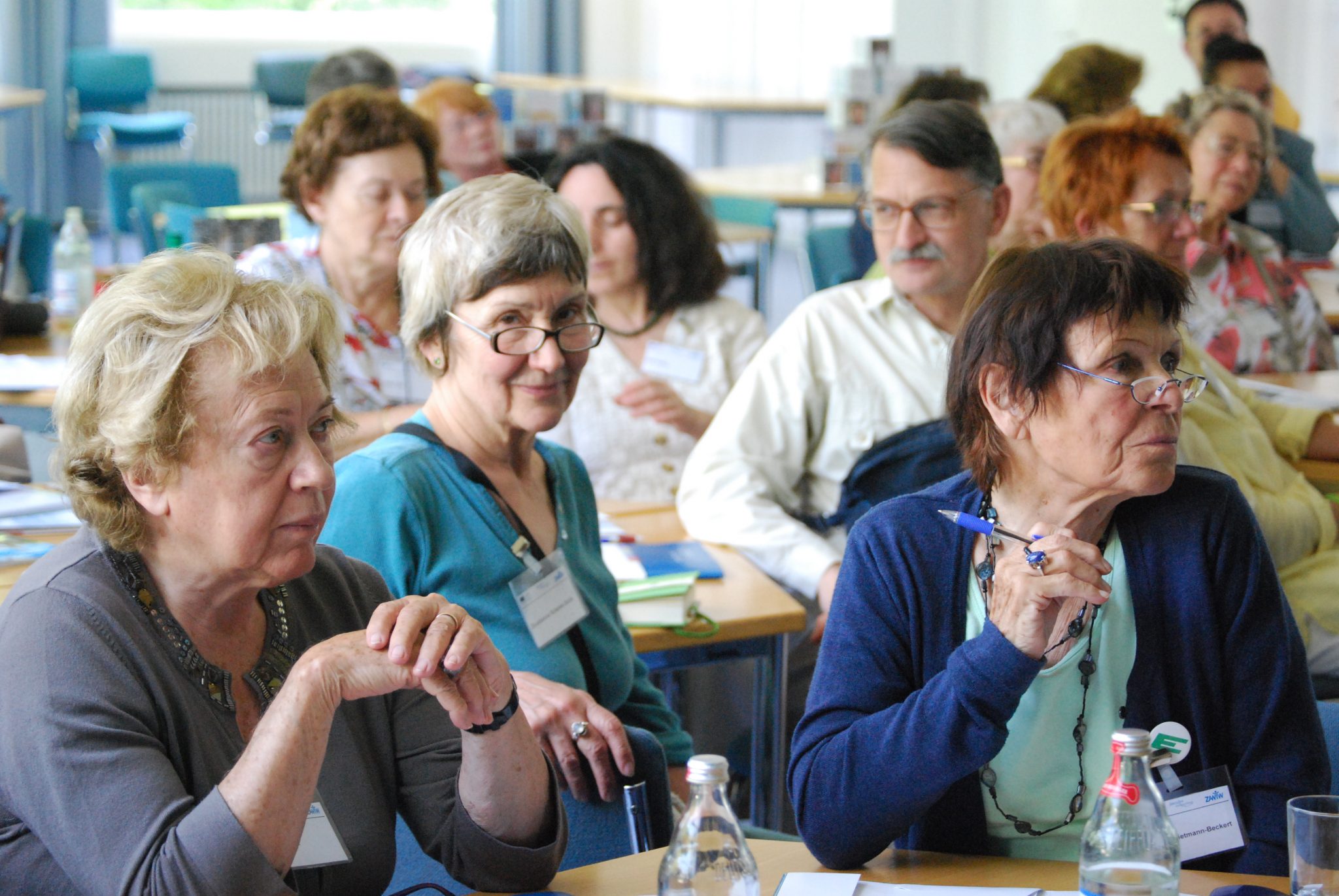
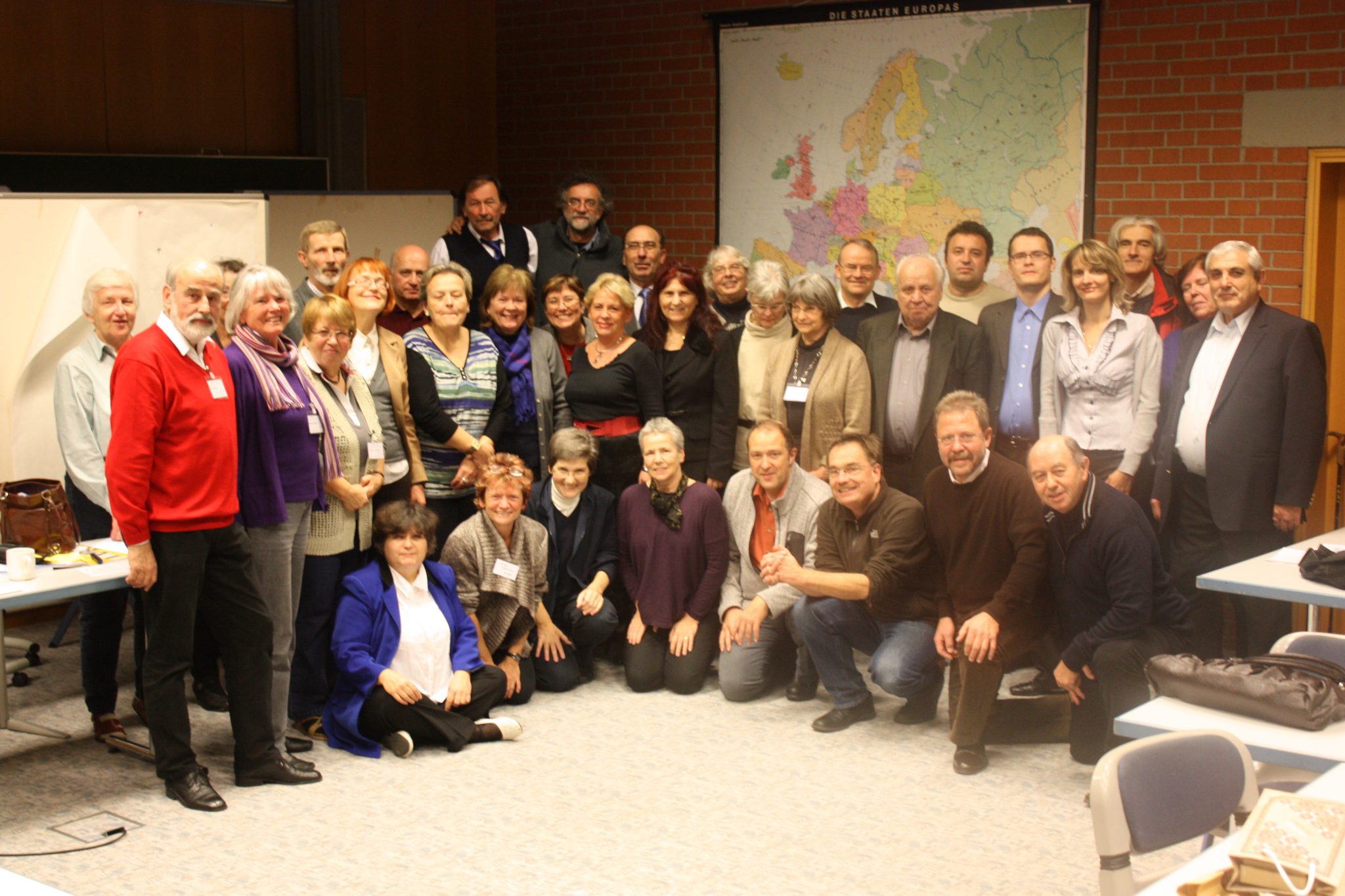
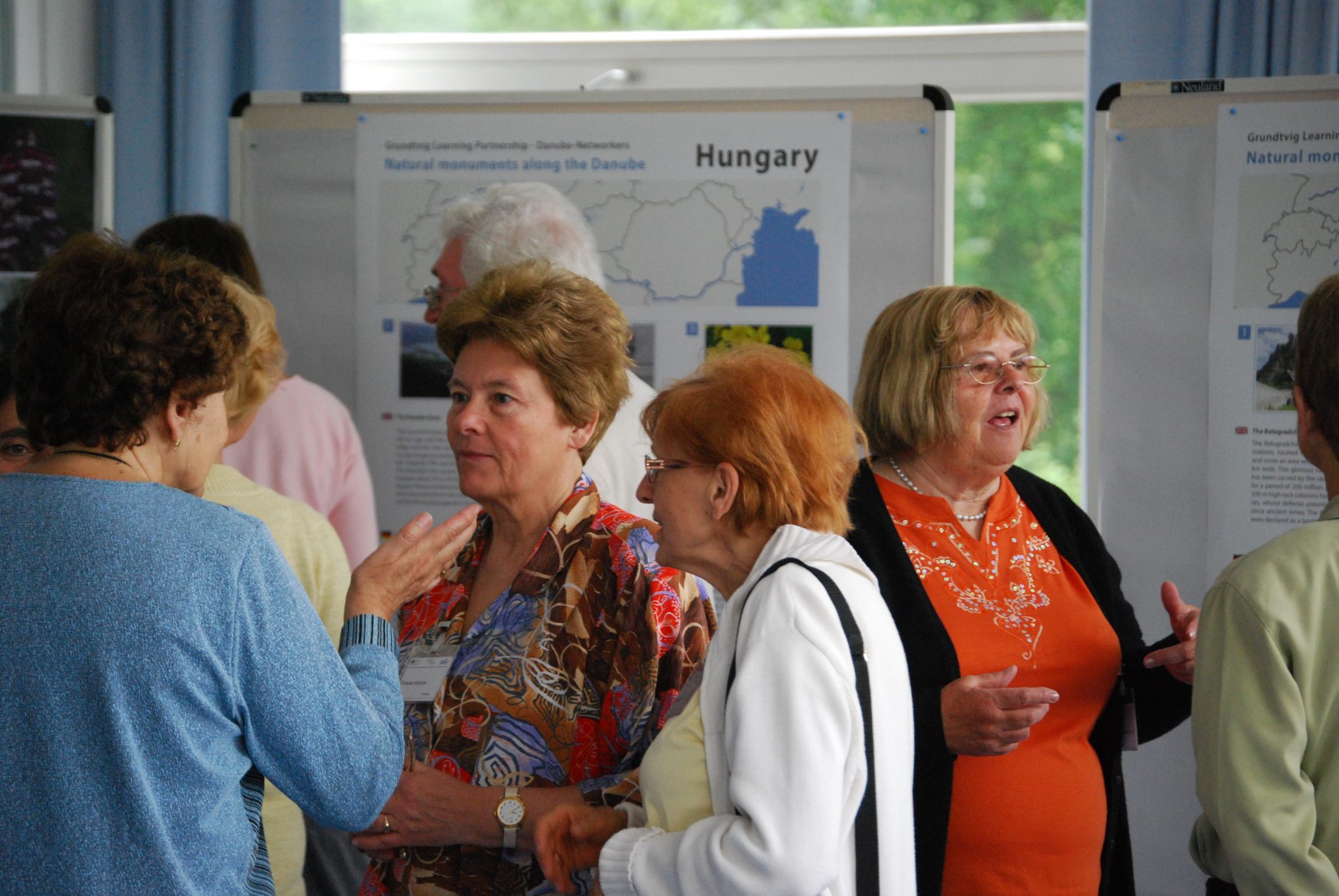
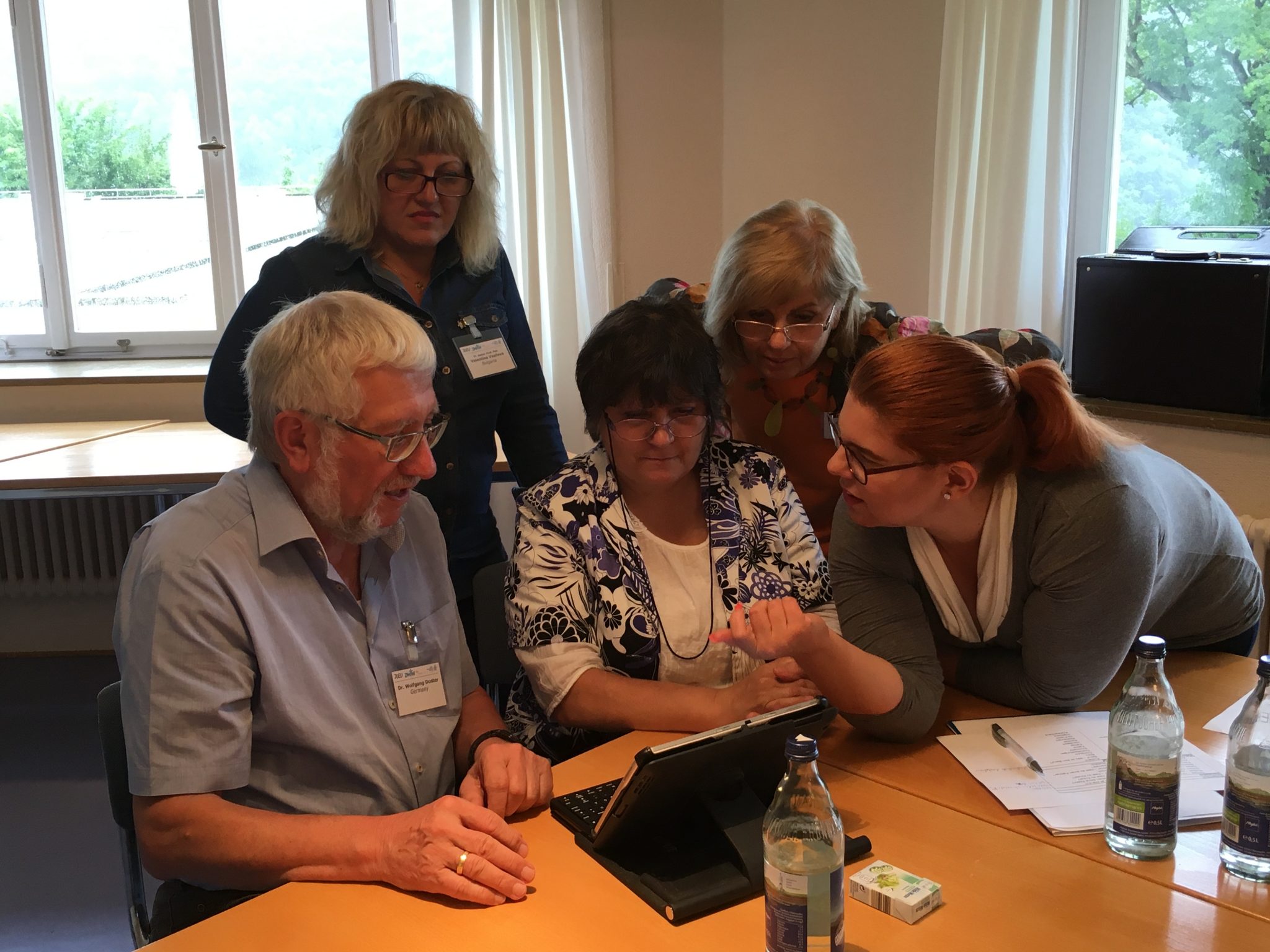
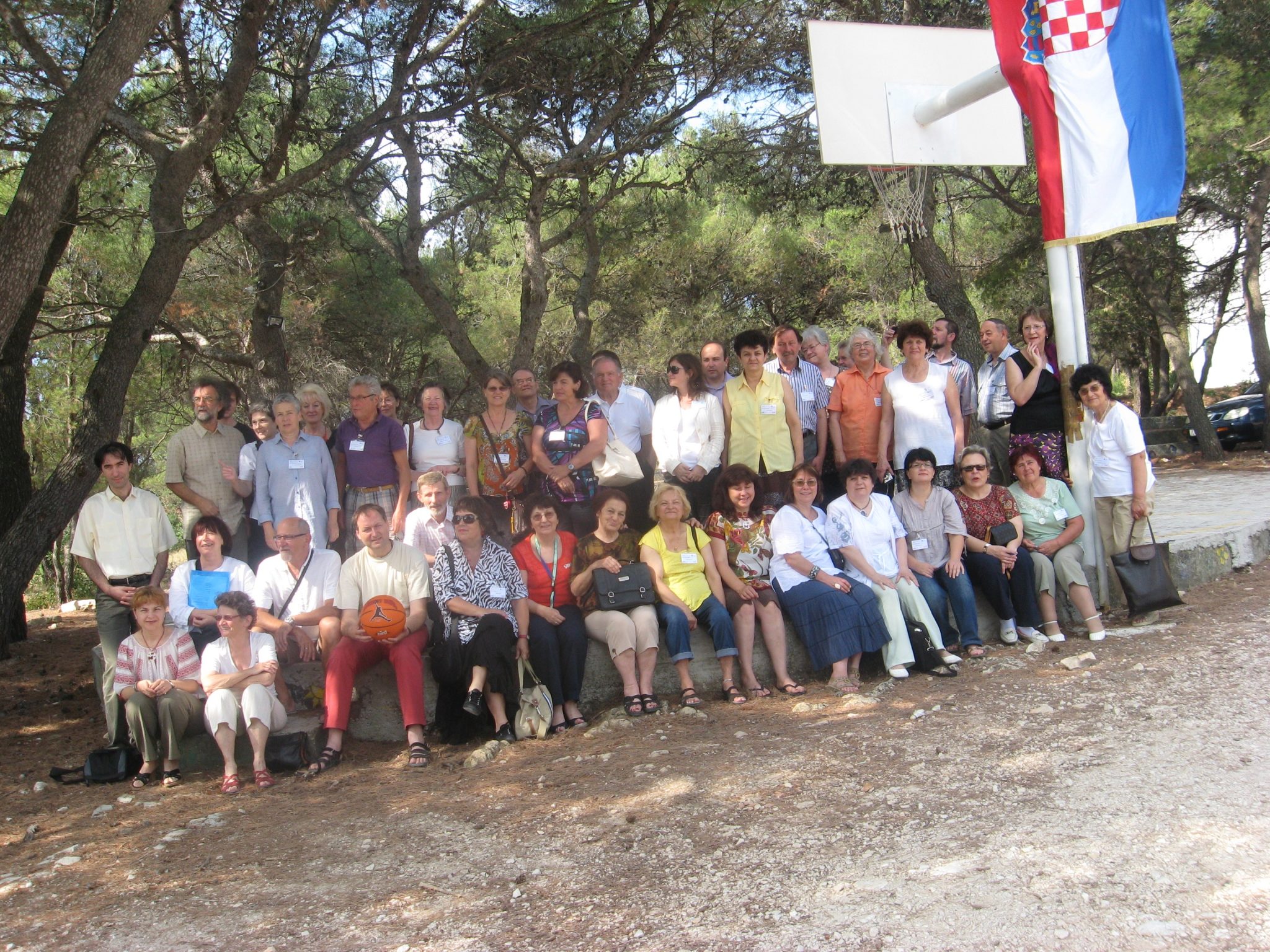
Aim
The project’s goals are:- To empower older citizens for active participation in society and in actively shaping the environment they live in;
- to motivate the project participants to discuss subjects concerning the project the future of their local regions and the Danube region as a whole, to boost their national identity, to raise their awareness as citizens of Europe and to foster tolerance towards other cultures of the EU member countries;
- through the use of cross-national and national events, to make the participants aware of the unity of Europe and the Danube region;
- by being able to compare the national findings throughout the cross-national events, to promote active European citizenship;
- to initiate a dialogue between the citizens and the EU-institutions, thus fostering active participation of the civil society in EU-matters;
- to reinforce the development of key competences through the provision of the theoretical background of the topics followed by the practical application of the knowledge in discussions with experts and other participants;
- to raise awareness of how the EU influences every country and the union as a whole and make more apparent possible ways of participation in this process;
- to encourage explicitly the participation of women and intergenerational dialogue;
- by encouraging intergenerational dialogue as well as intercultural exchange, to promote European values, tolerance and understanding between people from the participating countries.
Full Description
The ongoing Danube Strategy of the European Commission aims at strengthening the network of the countries along the Danube on economic, social, ecological and political levels, while preserving the unique natural and cultural space of the Danube. This process can only be successful, when the civil society is included in this process, when it recognises the added value of the joint efforts and when it will be prepared to actively participate.
The older generations possess knowledge and experience acquired in their profession, private life and social engagement; they were confronted by different social and political systems and were witnesses of their transformation. They are actors as well as consumers in a changing society that due to reduction of the borders and process of democratisation provides new possibilities for social participation within the own state and in a cross-national way.
Through new forms of activating Lifelong learning the project aims at empowering older citizens for participation in the development of the Danube Region so that they understand the chances and the risks in the current developments, articulate their interests and define together the possibilities for action and for future perspectives of their Region.
There were involved over 250 older persons 55+ as well as a number of younger ones from education and civic organisations in Austria, Bulgaria, Croatia, Germany, Romania and Slovenia.
Actions included education of the participants via lectures on selected subjects that concern the future of the Danube Region. The topics of these lectures were discussed in national citizens’ panels, cross-national discussion in an Internet forum (web-based cross-national citizen’s panel), cross-national face-to-face citizens’ panel in Croatia and a closing conference in Brodaritsa. Thus, active participation in civil society were fostered and a European identity formed.
All proceedings and outcomes were documented on the project Internet-based information platform.
Project partners:
- Centre for General Scientific Continuing Education of Ulm University, Germany
- University of Ruse Angel Kanchev, Ruse, Bulgaria
- Slovenian Third Age University, Ljubljana, Slovenia
- University of Craiova, Romania
- International Association for Danube Research, Wilhering, Austria
- Public Open University Zagreb – University of the Third Age, Zagreb, Croatia
Step by Step Explanation
-
1
4 impulse lectures and 4 panel discussions in the subject areas:
- Active ageing in Europe / Solidarity between the generations.
- Migration as a challenge / Minorities as a chance.
- Sustainability of cultural heritage / National and European Identity.
- Ecology / Environment
-
2
Cross-national meeting in Croatia.
-
3
Development of Statements of the project.
-
4
Dissemination of the results.
Results
Implemented Methods
Impulse Lecture
Impulse lecture is slightly different from a standard lecture. Its focus is to motivate older citizens for active participation in the civil society on EU-matters and in actively shaping the environment they live in and to present some thematic areas on national and international levels as impulses for the national citizens’ panel sessions.
Panel Discussion
The Panel Discussions stimulate analytical thinking, receiving feedback from the participants in the project, and allow all participants to express themselves. The aim is to provoke a conversation in which to present different points of view.
The Panel Discussion is used to boost European identity, to develop and apply key competences and to evaluate the different aspects of active social inclusion.
It helped in establishing cooperation with other organisations on local level (NGOs providing education for seniors, decision-makers of municipalities, associations representing older citizens, experts, national EU representatives and representatives of the European Commission).
Cross-national Meeting
The Cross-national Meetings are an important final organizational form in adult learning. They are of great importance for activating learners, generalizing and systematizing the mastered knowledge, skills and habits. It provides a public view of the learning outcomes.
A Cross-national Meeting was used to promote European values, tolerance towards other cultures, and diversity, as well as the unity of Europe and the Danube Region during the DANET project.

